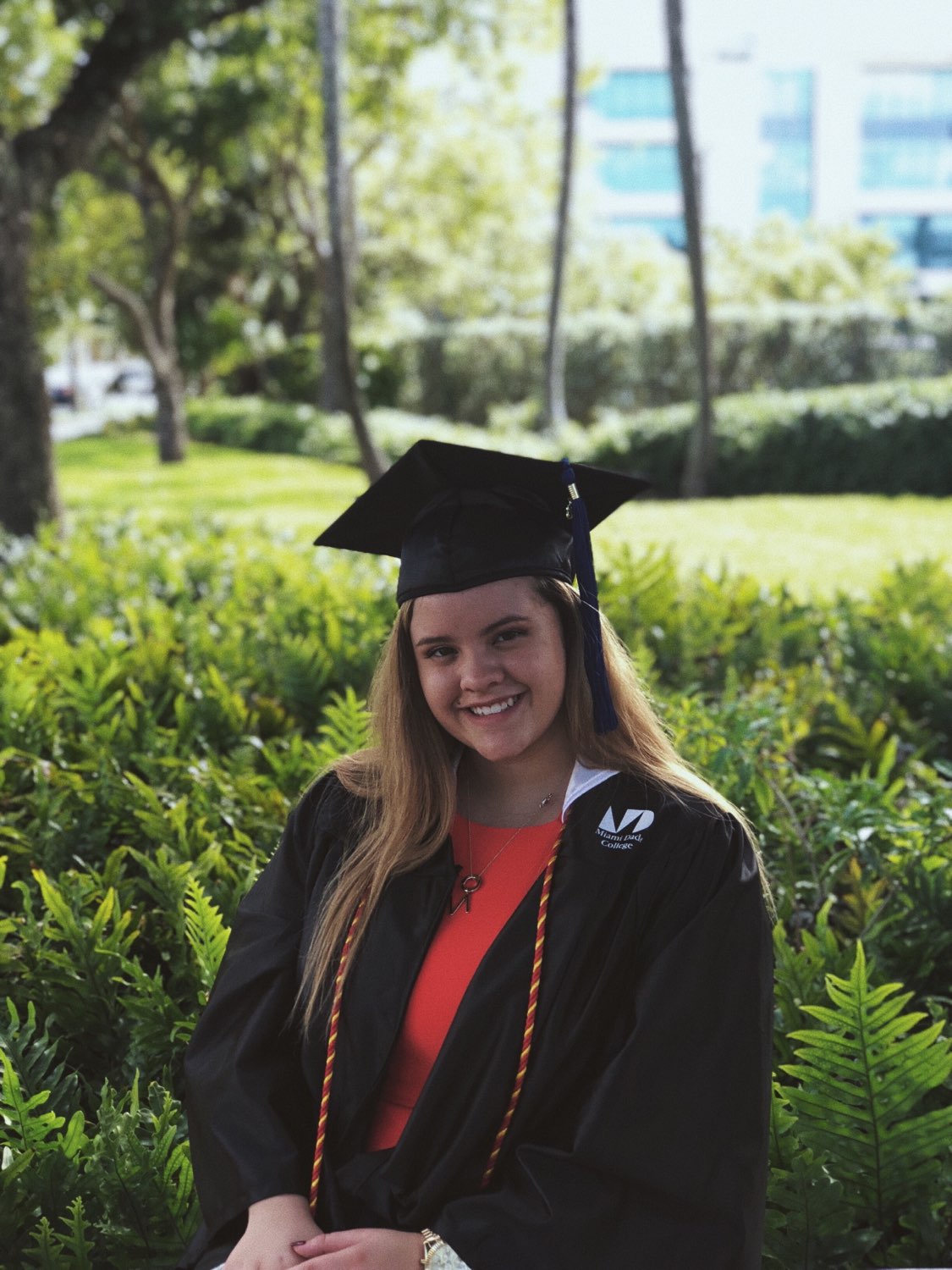September 2009 LSAT - Section 2 - Question 17

natalielinero June 23, 2019
@shiyi I had some trouble with this one too, but I noticed a key detail in the hypothetical situation and the same detail from the passage. This detail is "using the engineers own material." We can see from earlier in the passage in lines 14-17, that "In creating a new and original object from MATERIAL THAT ONE OWNS, one becomes the owner of the object and thereby acquires all the rights that ownership entails." This would explain that if one has the idea, but uses the materials of someone else, that person who owns the material can claim the rights of the invention. We can also see in the last sentences of the passage lines 47-53 it gives a similar hypothetical situation. The author says that the poet had the idea of the poem, but the friend SUPPLIED the paper that the poet writes it on. This indicates that the friend would have been the creator of the tangible object since it was their materials used for the idea. This is the same situation that is being given in Question 17, because it was the engineer's material, regardless of the fact that it was the inventor's idea, they can claim the invention as intellectual property according to the idea of the proponents of the tangible-object theory.